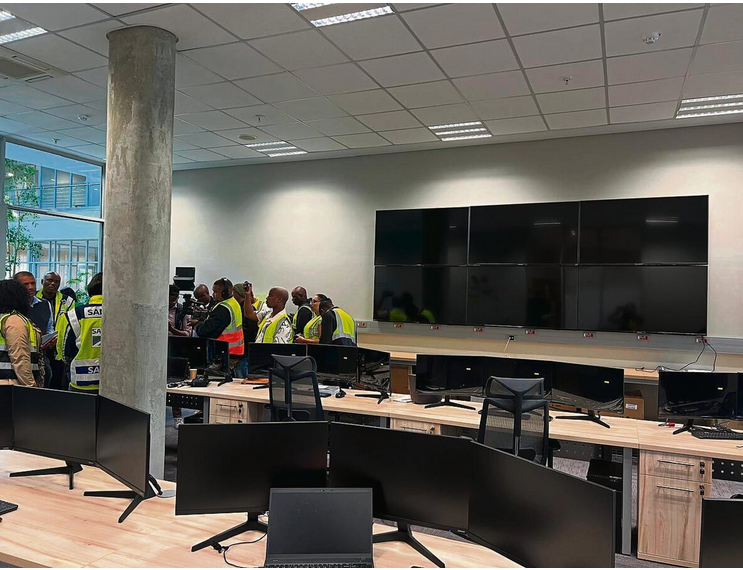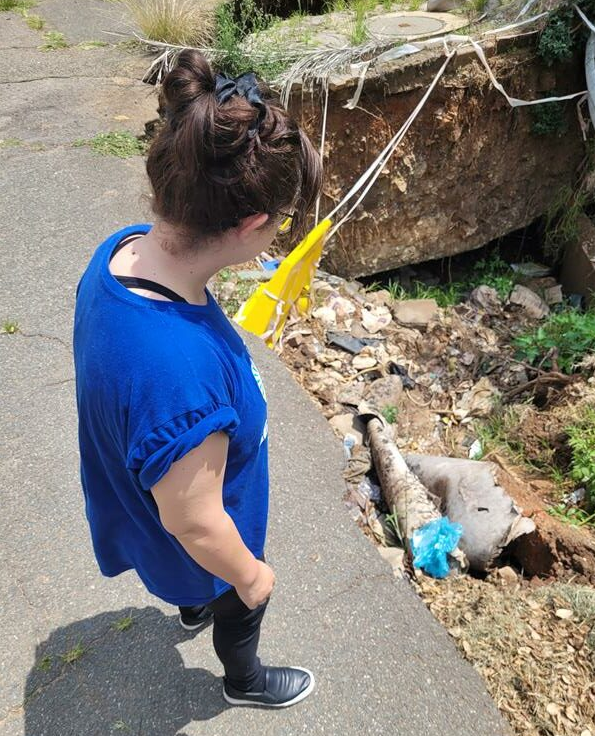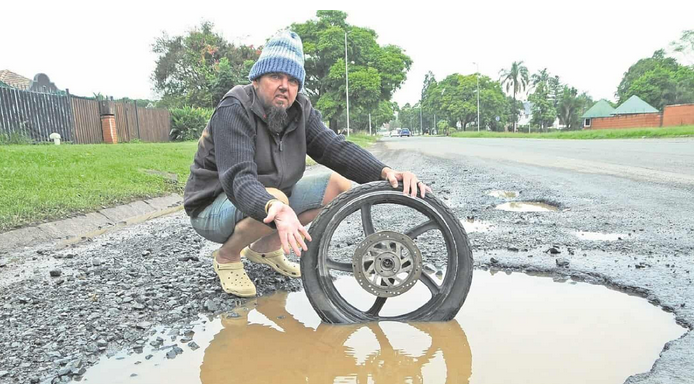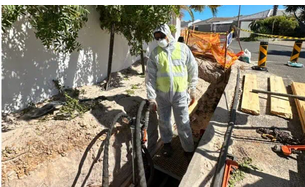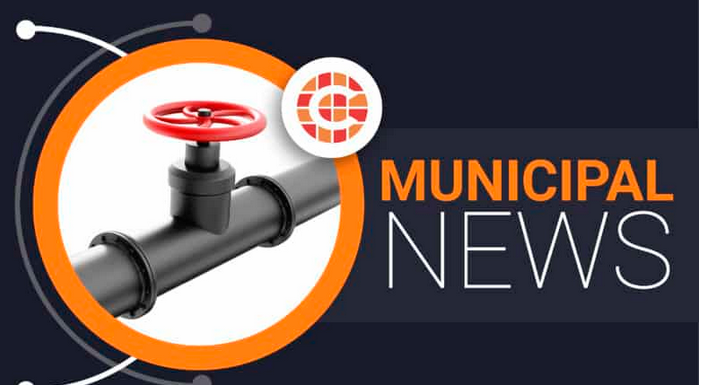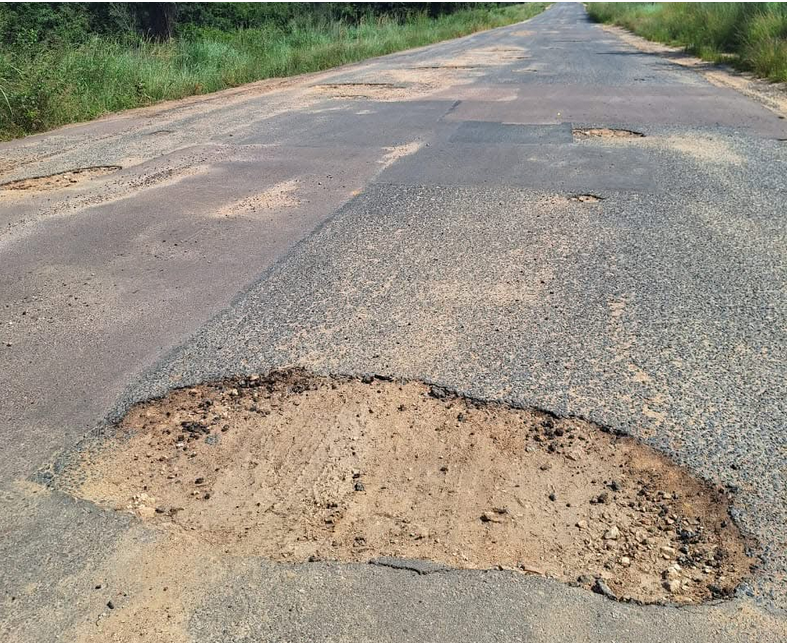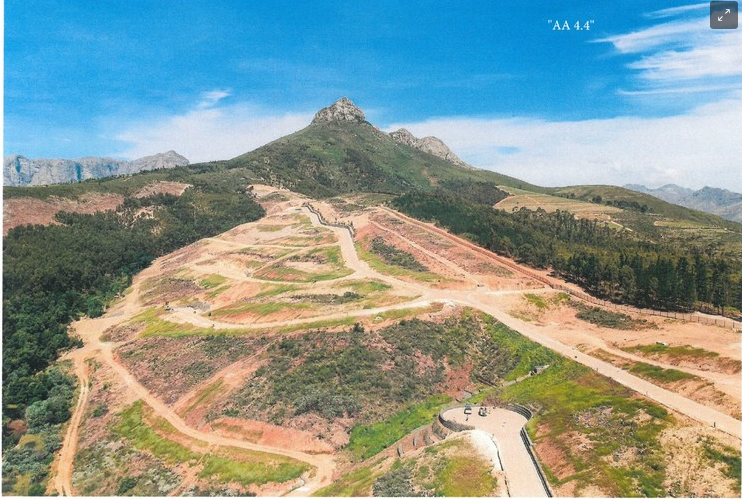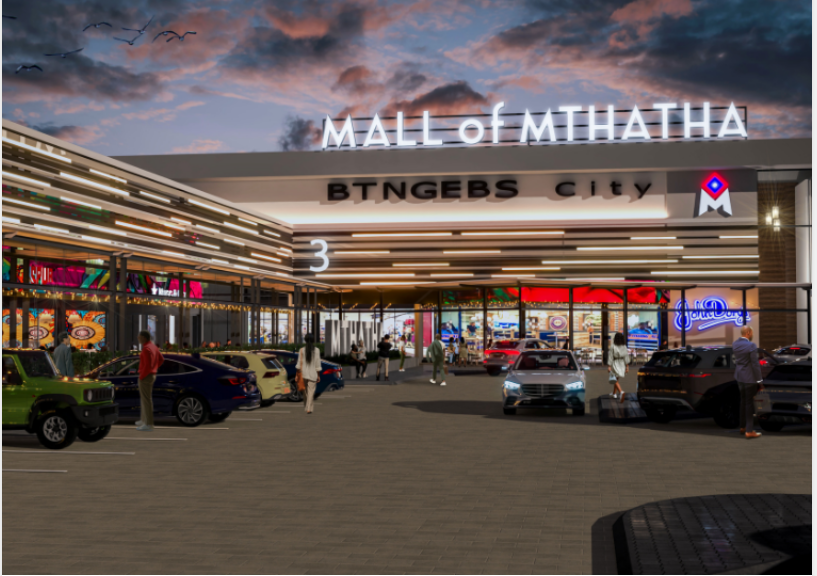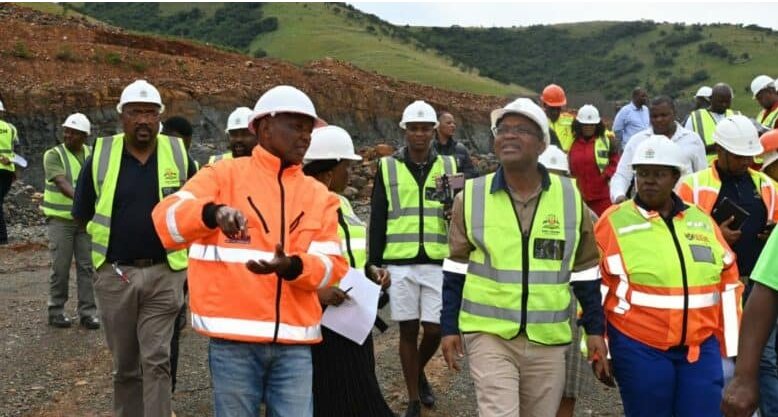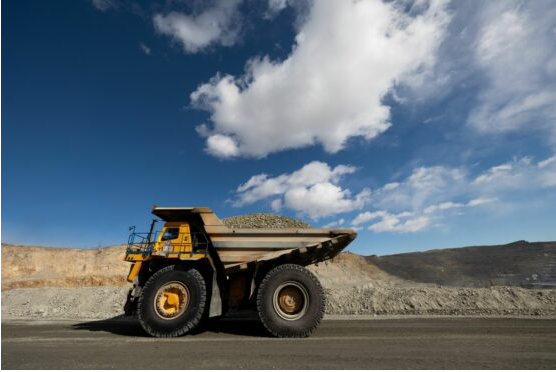Water plant to ease eThekwini’s water woes in Tongaat to be completed in September

29-07-2022
Read : 266 times
IOL
Source
Durban - Tongaat residents in the north of Durban will have to put up with the ongoing water crisis for two more months as the treatment plant being put in place to ease their water woes will only be commissioned at the end of September.
The treatment plant is being built by the eThekwini municipality after the floods in April brought the water crisis that has seen residents sometimes without water for days.
To mitigate the effect of the water crisis, the eThekwini municipality has commissioned water tankers to supply irate residents. Some of the residents claim that certain areas are not serviced as expected.
In response to parliamentary questions which were posed by the EFF, Water and Sanitation Minister, Senzo Mchunu, said solutions were in sight.
The EFF wanted to know what date is envisaged by the department to assist with providing an adequate water supply to the residents of Tongaat, who have been without water since the floods.
“The Department of Water and Sanitation (DWS) established a war room to assist the eThekwini Metro Municipality to manage the impacts of the floods on water services provision, on April 15, 2022. Officials of the DWS are members of the war room and are monitoring interventions to ensure water services are restored and alternative water supplies provided. The eThekwini Metro has appointed a contractor to reinstate the Tongaat Water Treatment Works. The construction is scheduled to be complete and the works commissioned by September 30, 2022,” Mchunu said in his written reply.
Mchunu then confirmed that in the interim, the eThekwini municipality is providing water tankers to the affected residents of Tongaat. They sometimes had to resort to protests in order to be heard.
“In the interim the eThekwini Metro is providing water via approximately 20 water tankers and 33 static tanks installed in the Tongaat area. Some parts of Tongaat including Watsonia, Buffelsdale, Mithanager, Trurolands, Gandhinagar, Chelmsford Heights and parts of Tongaat Central that are supplied from the Tongaat South Reservoir, are receiving water for a few hours a day.
“Other parts of Tongaat that are receiving water from alternative systems include parts of Belvedere area, Raj Kumar’s farm areas, Walter Reid Road, Amanzimnyama area, Brake Village, Plain Street and parts of the Gandhinagar area,” Mchunu responded.
In another water-related question, the IFP wanted to know what the department was doing to prevent most parts of the country from plunging into Day Zero. Mchunu said his department is revising the national norms and standards for sanitation and providing for equitable sanitation provision across all settlement types.
Furthermore, he said his department is strengthening monitoring and compliance to the standards and has set out measures to improve service delivery such as support in various forms to address service delivery lapses.
Mchunu pointed out that areas experiencing water shortages are mostly rural areas in the provinces of the Eastern Cape, Limpopo, Mpumalanga, North West, KwaZulu-Natal, Free State and the Northern Cape.
In addition, he said 32% of households in South Africa do not have access to reliable services due to dilapidated infrastructure as well as lack of proper operations and maintenance of existing infrastructure which results in disruptions and shortage of water supply.
“Access to sanitation services is less than 85% in six provinces including in the Free State (82.3%), KwaZulu-Natal (80.9%), Limpopo (63.7%), North West (68.8%), Mpumalanga (63.7%), and Northern Cape (83.9%).
“Access in the provinces of Limpopo, Mpumalanga and North West are below the national average at 82.1%. In the efforts to remedy these challenges, the DWS will be submitting a National Sanitation Framework (NSF) to Cabinet for approval,” he said.
Recent News
Here are recent news articles from the Building and Construction Industry.
Have you signed up for your free copy yet?
